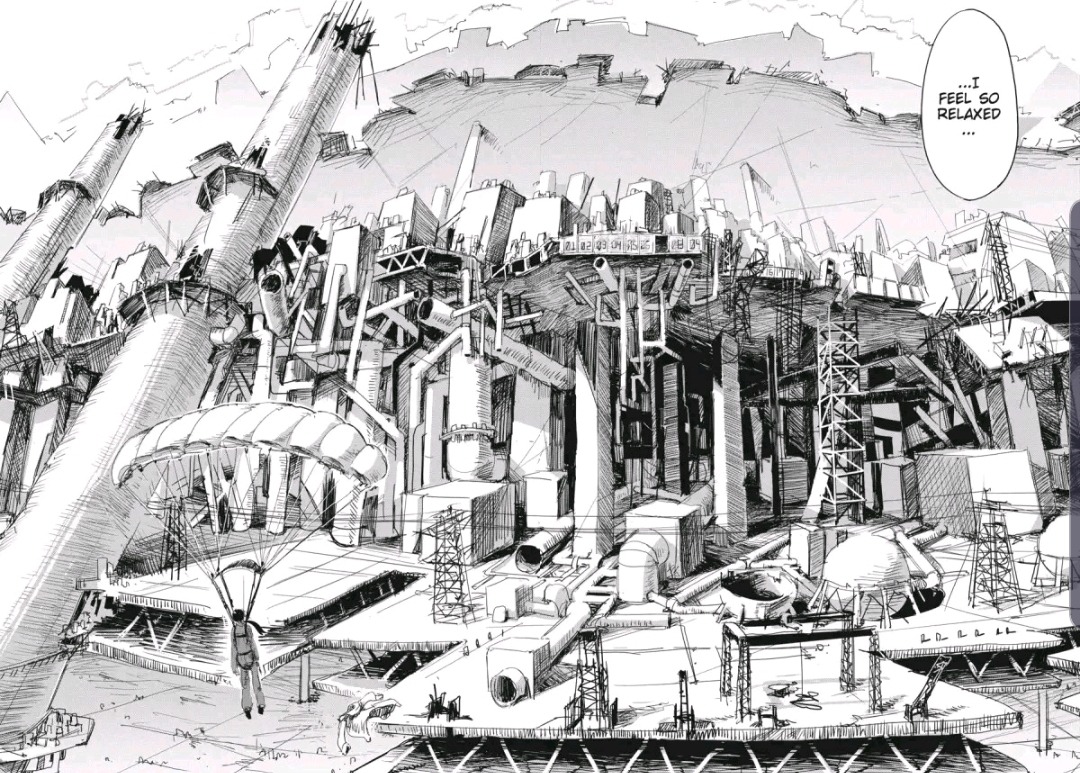Envisioning Randomness is a good place to start for me because Randomness in games is normally a process the produces important results. So, maybe I can break this down into some bullet points. What am I looking for?
- a process whose results are important to me
- i can't tell what the results are going to be
- when the results come out, i can understand why they turned up that way
- a process whose results are important to me
- i can't tell what the results are going to be
- when the results come out, i can understand why they turned up that way




